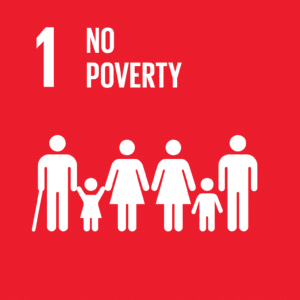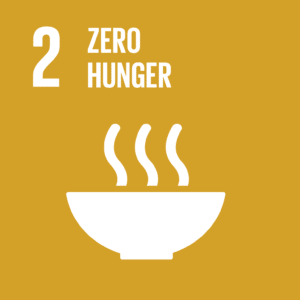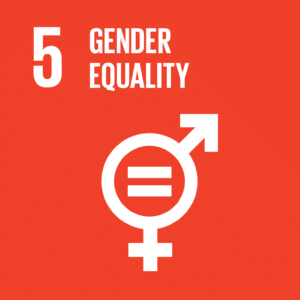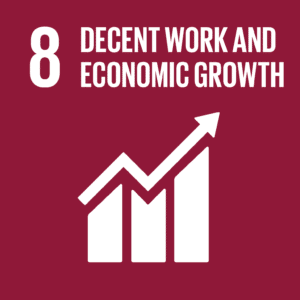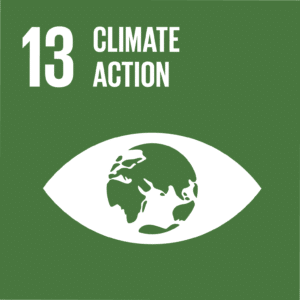Climate adaptation and increasing the resilience of rural communities
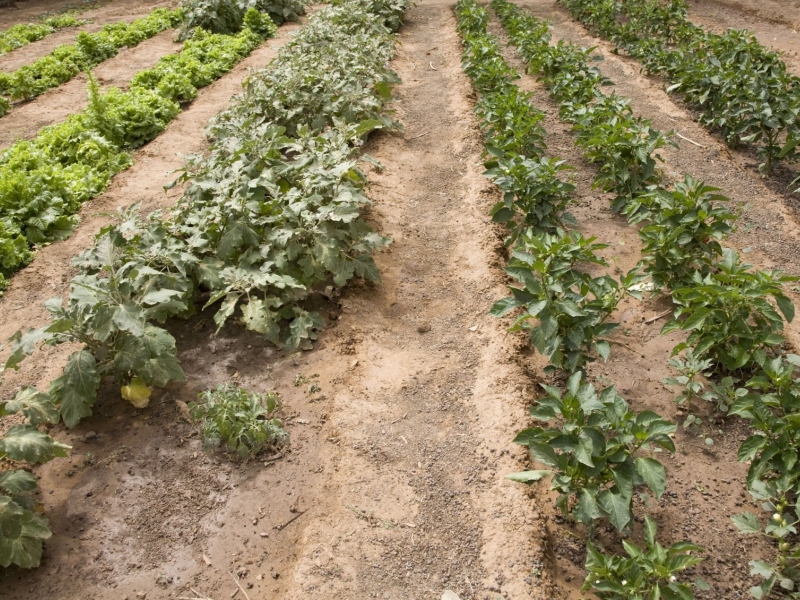
Climate challenges for agriculture in the Zinder region of Niger
Climate models predict that climate risks in Niger will increase significantly by 2050. This means a higher likelihood of extreme weather events, including droughts, floods, heatwaves and irregular rainfall. These developments will have a severe impact on the agricultural sector, which is the main source of income for 80% of the population. The combination of these risks and rapid population growth puts additional pressure on the ecosystem and natural resources. As a result, rural communities are exposed to food insecurity, forced migrations and conflicts about natural resources.
The Zinder region is particularly vulnerable due to the lack of livelihood diversification, underdeveloped infrastructure and limited access for small-scale farmers to both climate and weather information as well as sustainable techniques and innovations.
The authorities of Niger have developed policy frameworks to improve adaptive capacity and integrate mitigation into key economic sectors, including agriculture. However, the implementation of these measures is hindered by a lack of resources and capacity. The current transitional government aims to continue these efforts, in line with national and regional goals focused on food security and climate resilience.
Climate-resilient agriculture: training, innovations, and policy development
Training programs on climate-smart agricultural techniques will be organized for farmers, with special attention given to women and youth. During boot camps, young people will receive training in agricultural entrepreneurship and sustainable farming practices, better preparing them for a future in the agricultural sector. Additionally, visits will be organized to other successful climate adaptation projects in Niger to inspire farmers and help them actively engage their own communities.
Additionally, four new automatic agrometeorological stations will be installed. Through participatory training modules, farmers will be trained in collecting, decoding, sharing and using climate data.
To improve access to diversified income sources, the opportunities for sustainable income will first be evaluated. Specific value chains will be selected and strengthened. Additionally, climate-friendly agricultural practices will be promoted during the off-season.
Furthermore, clubs of young climate activists will be established. These young people will be empowered through training to strengthen their role as advocates for their communities and will learn how to develop community action plans for climate adaptation.
Finally, the capacities of local authorities to effectively address climate change within their policy plans will be strengthened. Local working groups will be established to collaborate with technical experts in integrating climate adaptation into local development goals, with a strong focus on community participation and engagement. Special attention will be given to involving women in decision-making processes by enhancing their leadership skills.
In four municipalities in the Zinder region (Matameye, Dogo Dogo, Gouchi and Dakoussa), 1,000 agricultural producers (300 women and 700 young people) will utilize sustainable, profitable and innovative production techniques that are adapted to climate change.
Additionally, 200 women and young people will gain access to diversified income sources. Through community action plans, 400 women and young people will influence municipal authorities to better adapt to climate change.
The local authorities in these four municipalities will apply their knowledge of climate change in the reformulation of the Communal Development Plans and the Annual Investment Plans.
Want to know more about this project?




